If you are browsing this website, you are probably looking for the best care for your horse, knowing that whether it is a sport, senior or just recreation animal, it deserves to take supplements that best suit its needs.
Before deciding what supplements or food to use, or simply which stable the horse should stay, the first step is to acquire the animal.
When a horse has a minimum value and is bought with certain expectations, the journey to follow is this: try it, inquire about the horse’s track record/references and, last but not least, take it to an examination with a veterinarian.
When talking about sport horses, it is essential to perform radiological and ultrasound tests as well as a complete examination of the limbs to ensure the animal’s durability for use in sport. Having a positive report gives confidence when making the purchase.
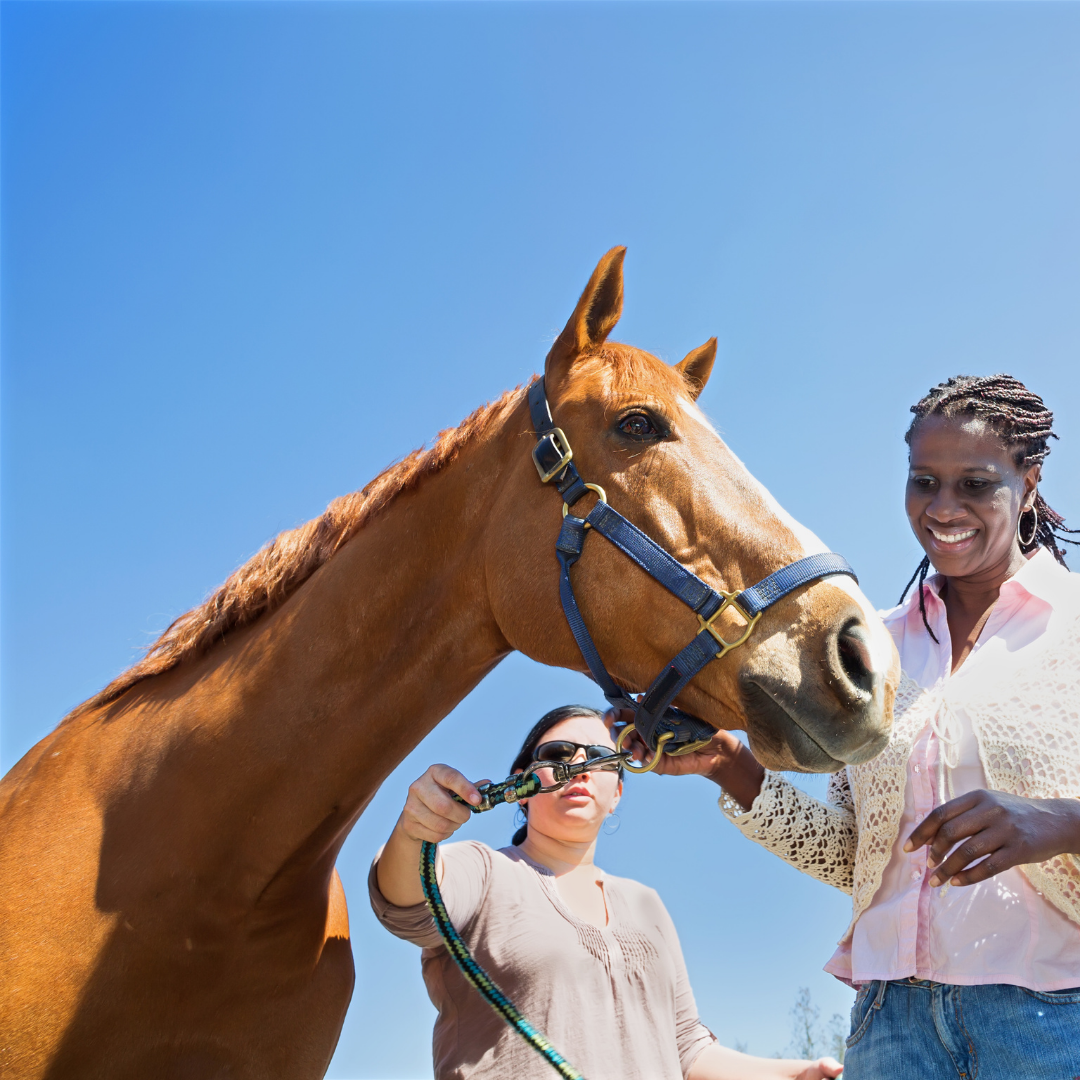
What happens if after a short time the animal has a limp, swelling or any other similar pathology that makes it impossible to carry out its activities? There are two options: it may be a unexpected injury that requires treatment (surely accompanied by rest and helped by supplements) or, it is what is known as a hidden defect. This can push the situation towards returning the animal and cancelling the purchase. These are defects which, had they been known, would have caused the buyer not to purchase the horse, or to negotiate a lower price, if necessary.
Although nowadays they are not explicitly included in the Spanish Civil Code, the 1851 edition did mention them and included, albeit not an exhaustive list, defects such as hoarseness, epilepsy and limping. A veterinary diagnosis is very important in order to determine these conditions, which will confirm their existence and severity.
The Spanish legal system covers the possibility of a “redhibitory defect” in cases where the horse dies within 3 days of purchase, provided that the veterinarian believes that the disease existed prior to purchase.
The most common cases of “hidden defects” are chronic limps, weaving and wind sucking. In the first case, if we are talking about navicular, ringbone or sinew injuries, these pathologies will make the sporting life of the animal directly impossible. Weaving is a repetitive movement that horses acquire constantly in the box, which forces to add weight to their forelimbs, which can end in a subsequent limp. Wind sucking is also a defect caused by boredom or imitation, by seeing another horse doing it. A horse that sucks wind, generally by leaning on the door or on the trough, will inhale air into the body, swelling the stomach and making the horse prone to colics. In fact, they cause 90% of equine deaths, due to their delicate digestive system.
To summarise, our recommendation is that a thorough examination from a veterinarian should always be carried out and documented in a report for the parties’ peace of mind. It is best to look for a horse that raises no concerns, whose track record meets the requirements and has undergone the best possible veterinary inspection.
Once the new horse has joined the family, Excel Supplements will take care of providing the best products based on natural ingredients.
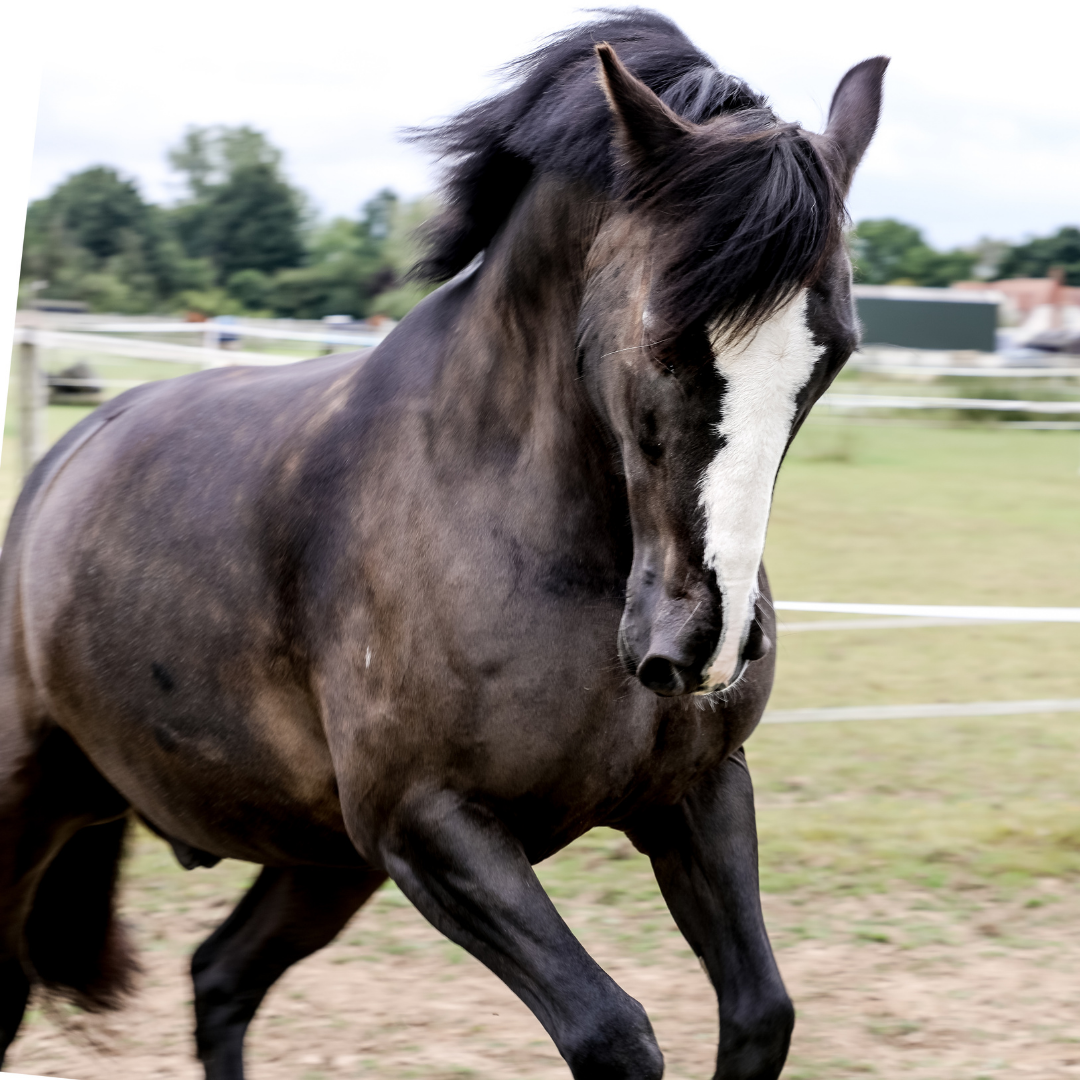
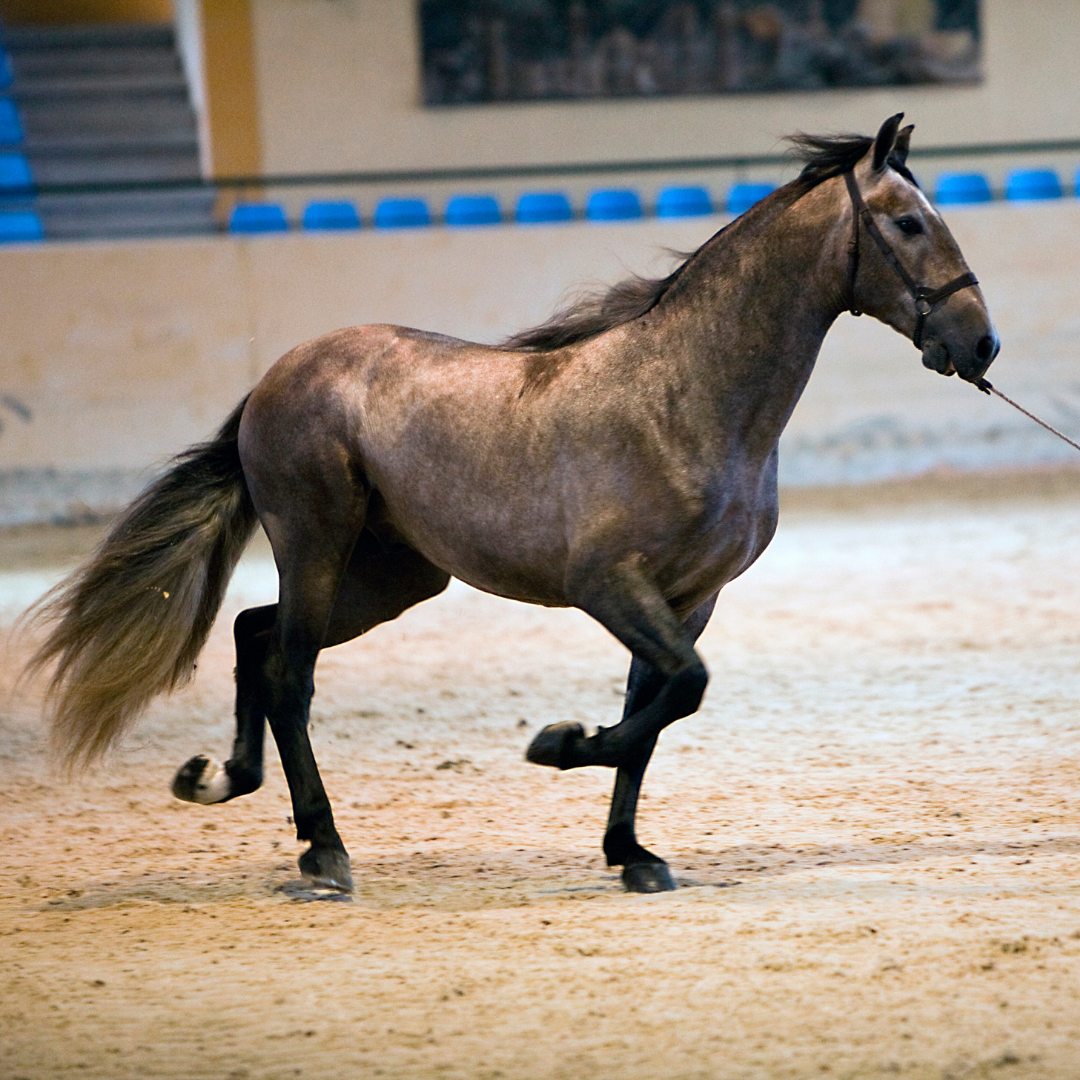


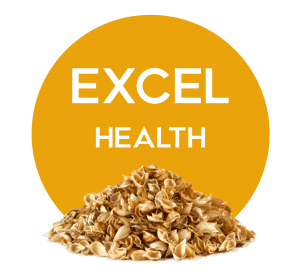
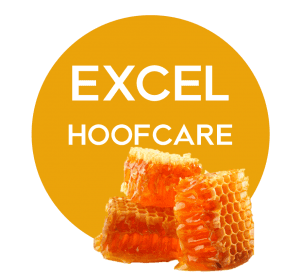
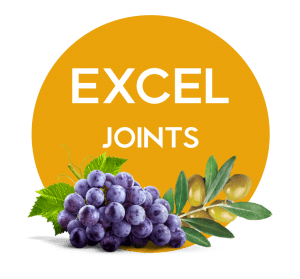
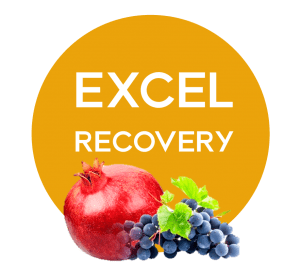
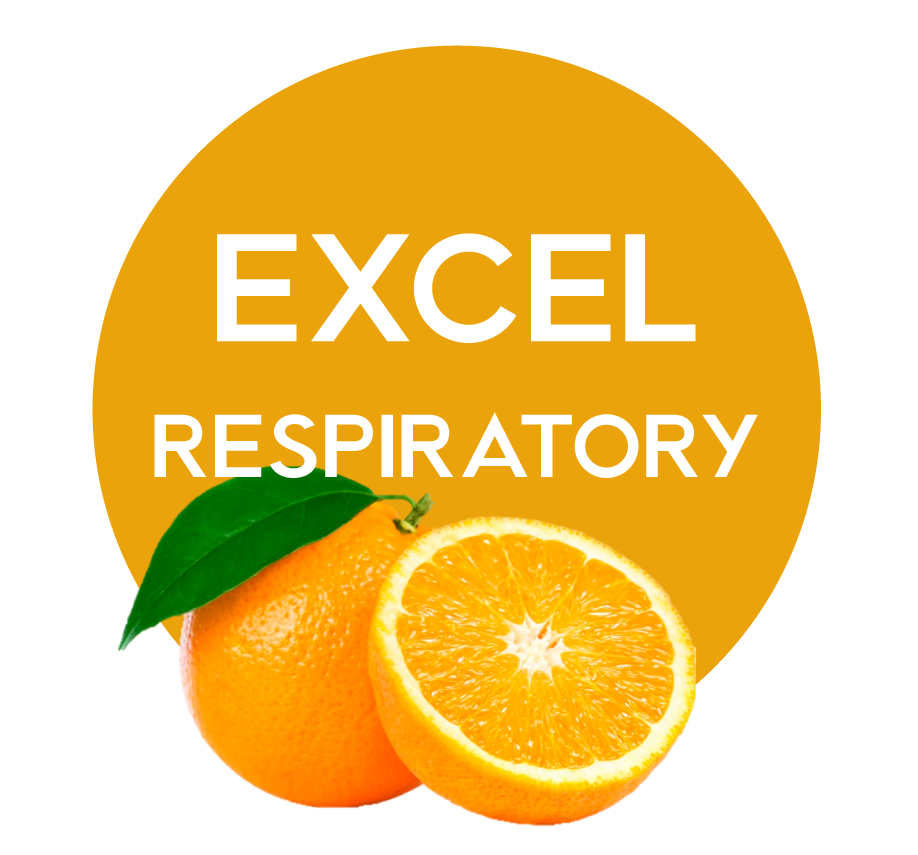
0 Comments